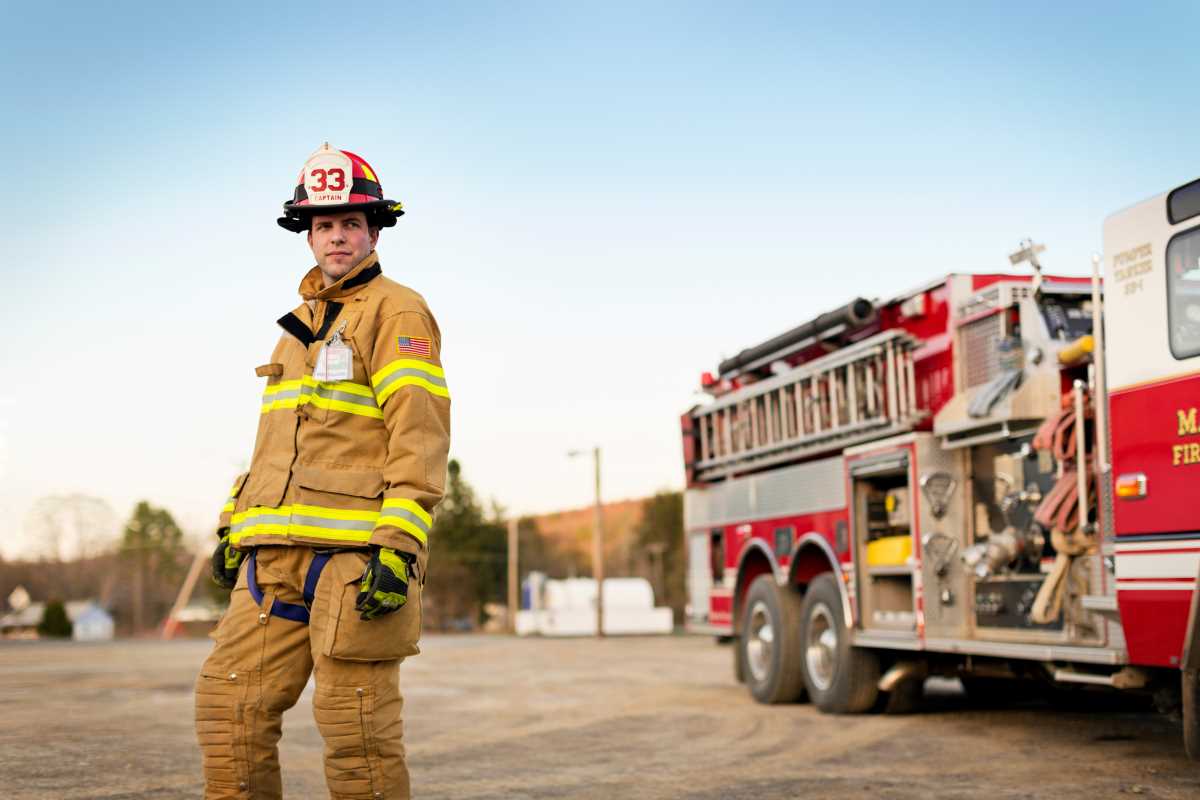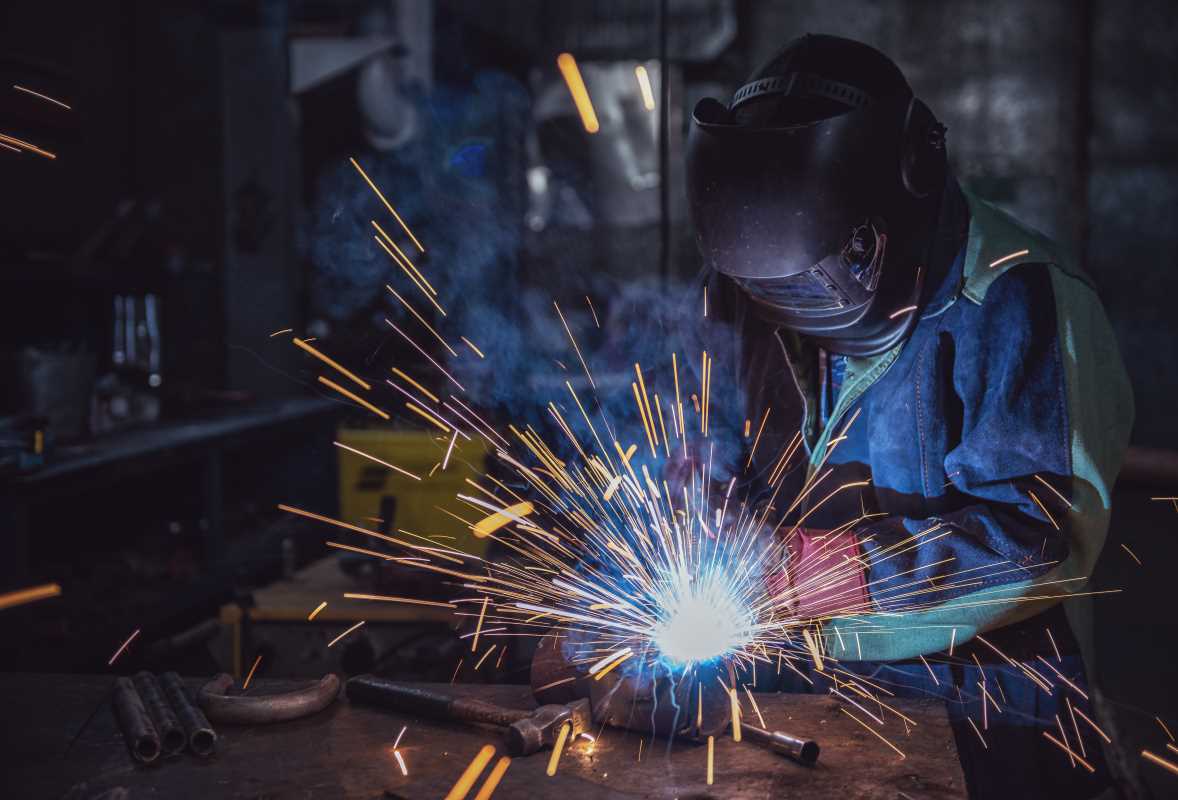Thinking about the future can be a little intimidating, especially when it comes to choosing a career. The world is changing fast, with new technologies popping up all the time. It’s natural to wonder which jobs will stick around and which might disappear. Will robots take over everything? What skills will be valuable in ten, twenty, or even fifty years? While no one has a crystal ball, there are certain types of jobs that have stood the test of time and will likely continue to be necessary for as long as people are around. These are the careers built on fundamental human needs—things like health, safety, food, and community. They are the bedrock of our society, offering stability in an ever-shifting job market.
Taking Care of People
As long as there are people, there will be a need for healthcare. This field is one of the most stable career paths you can choose because it's based on a universal need. We all get sick, we all get older, and we all need care at some point in our lives. This isn't just about doctors and nurses, although they are certainly a huge part of it. The world of healthcare is vast and includes many different roles.
Think about dental hygienists who keep our teeth healthy, physical therapists who help us recover from injuries, and pharmacists who provide life-saving medications. There are also mental health counselors who support our emotional well-being, a need that is becoming more recognized and important every year. Technology might change how these jobs are done—for example, with robotic surgery assistants or AI-powered diagnostic tools—but it won't replace the human touch, empathy, and critical thinking that are at the heart of patient care. The population is growing and aging, which means the demand for skilled healthcare professionals will only increase.
Building and Maintaining Our World
Take a look around you. The building you're in, the clean water from your faucet, the electricity powering your devices—none of it appeared by magic. It was all built and is currently maintained by skilled trade professionals. These jobs are fundamentally tied to the infrastructure that supports our daily lives. Electricians, plumbers, carpenters, and HVAC technicians are the people who keep society running smoothly.
A storm might knock out power, but an electrician is the one who brings it back. A pipe might burst, but a plumber is the one who stops the flood. New homes and offices need to be built, and old ones need constant repair and renovation. These are hands-on jobs that can't be outsourced or automated away. You can't email a leaky faucet to a repair person in another country. The demand for skilled trades is consistently high, and with many current workers nearing retirement, there are huge opportunities for the next generation to step in and build a secure future for themselves.
Educating the Next Generation
Every professional, no matter their field, had to start somewhere. And that somewhere was a classroom with a teacher. Educators are responsible for shaping the minds of the future. They teach us to read, to think, and to solve problems. Without teachers, we wouldn't have doctors, engineers, artists, or entrepreneurs. The need for quality education is constant and universal.
While technology can provide new tools for learning, it can't replace the role of a great teacher. A teacher does more than just present information; they inspire curiosity, offer encouragement, and provide a supportive environment for students to grow. They adapt their methods to help different students succeed and act as mentors. The profession faces its challenges, but the core function of educating children and young adults is a pillar of any functioning society. From preschool to high school and beyond, the world will always need passionate people dedicated to passing knowledge to the next generation.
Keeping Us Fed
Food is another basic human need that creates a foundation for a whole industry of stable jobs. From the farm to your fork, there is a long chain of people working to make sure we have enough to eat. This goes far beyond the traditional image of a farmer on a tractor. Modern agriculture involves food scientists developing more resilient crops, agricultural technicians managing sophisticated farming equipment, and logisticians figuring out the best way to transport food across the country.
As the global population grows, the challenge of feeding everyone becomes even more significant. This drives innovation in the field, creating new roles focused on sustainability, food safety, and efficiency. Whether it’s working in a high-tech vertical farm or managing a local organic grocery store, careers related to food production are tied to a demand that will never disappear. People will always need to eat, making this sector a reliable source of employment.
Upholding Order and Safety
In any community, people need to feel safe. This fundamental need ensures a constant demand for first responders and public safety professionals. Police officers, firefighters, and paramedics are on the front lines, responding to emergencies and protecting the public. These roles require courage, quick thinking, and a deep commitment to helping others. They are jobs that are deeply rooted in the community and cannot be automated.
Beyond emergency services, there are other public service roles that are just as important. Think of sanitation workers who keep our cities clean and prevent the spread of disease, or city planners who design safe and functional urban spaces. These jobs are often funded by the public because we recognize them as necessary for a healthy and orderly society.
 (Image via
(Image via.png)





